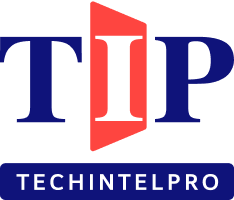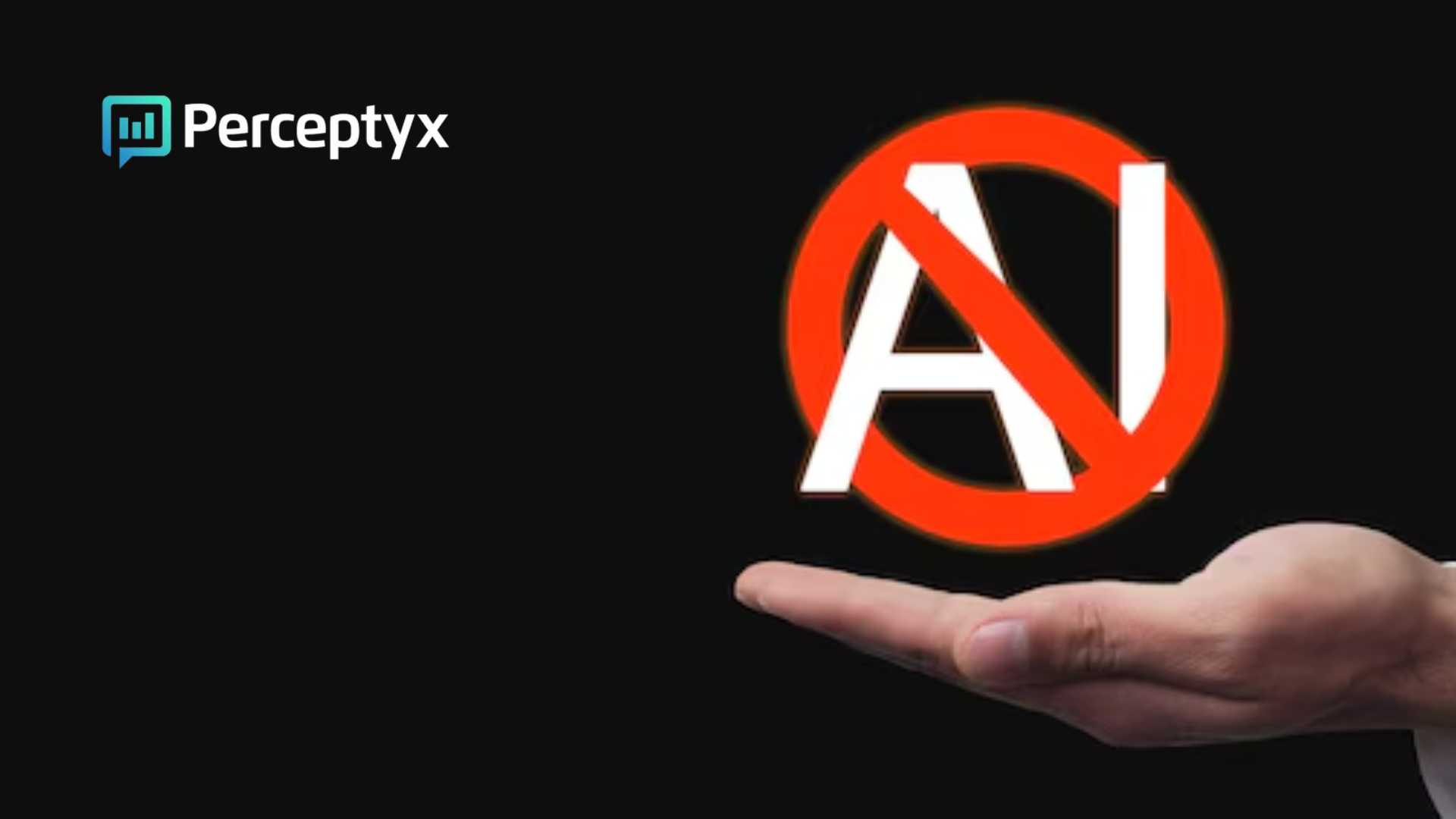


The rapid integration of generative AI into the workplace is outpacing employee readiness, creating significant risks for organizational culture and productivity. New research from Perceptyx, the AI company for Employee Experience, reveals that employees often lack the necessary skills, question the fairness of AI deployment, and feel unsupported in adapting to their evolving roles. These gaps are most acute among individual contributors and younger employees, threatening to deepen workforce divides instead of unlocking promised business outcomes.
Perceptyx study finds employees are unprepared for widespread AI adoption.
Only 35% of individual contributors use AI, versus 82% of executives.
Over half of all employees (53%) fear bias in AI-driven decisions.
Gen Z reports the lowest trust (62%) in ethical AI use by their organization.
Individual contributors feel uninformed and unsupported in the AI transition.
Success requires a human-centered approach focused on trust and enablement.
The research, drawing on insights from over 3,600 employees, reveals a pronounced adoption gap across organizational hierarchies. While 71% of employees report some AI usage at work, only 15% say their teams fully leverage it. The divide is most evident between individual contributors (ICs) and leadership: only 35% of ICs currently use AI, compared to 68% of managers and 82% of executives. This disparity raises the risk that AI will exacerbate existing inequities rather than serve as a universal productivity tool.
Beyond access, the study uncovers critical deficits in trust and transparency. Individual contributors are the least confident: only 47% understand the reasons behind AI adoption decisions, and just 43% believe AI-supported decisions are fair. Furthermore, 53% of all employees fear bias or discrimination in AI-driven decisions. Despite heavy experimentation, Gen Z employees report the lowest trust, with only 62% trusting their organization to use AI ethically, compared to 72-74% of older generations.
The findings position global AI adoption as a stress test for organizational culture. The burden of adapting falls heavily on employees, with 81-90% of managers and executives reporting changed workloads and a need for new skills. However, only 67% of individual contributors feel this skills burden, suggesting a disconnect. The research concludes that without clear communication, manager enablement, and proactive strategies to address skill gaps and equity, AI adoption will stall, disengaging the workforce and undermining the very business outcomes it promises.
The Perceptyx study serves as a critical warning for organizations racing to implement AI. Success will not be determined by who deploys the technology fastest, but by who can most effectively embed it into the employee experience. Bridging the readiness gap requires a deliberate, human-centered strategy that builds trust, ensures transparency, and provides equitable support, turning AI from a potential cultural divider into a genuine competitive advantage.
Perceptyx is the AI company for Employee Experience (EX), trusted by more than 30% of the Fortune 100 to deliver people-powered growth. Built on two decades of behavioral science and the industry’s richest EX dataset, our platform helps organizations discover what matters, activate change, and grow their people—now supercharged by a new generation of AI agents.
With Conversational Listening, Narrative Analysis, and Employee Activation agents, Perceptyx delivers what no point solution can: a complete digital workforce for EX. Our Agentic AI framework moves beyond systems of insight to systems of outcomes—turning every employee signal into measurable impact for people and business alike.
